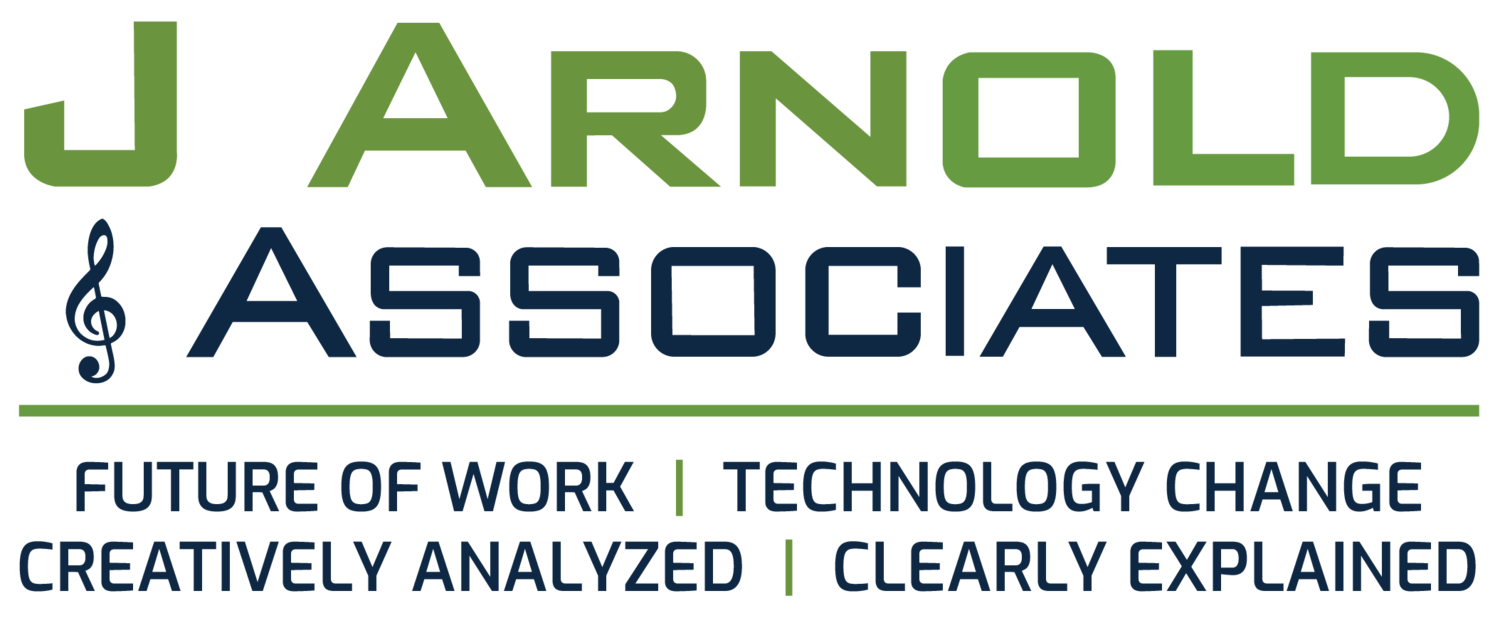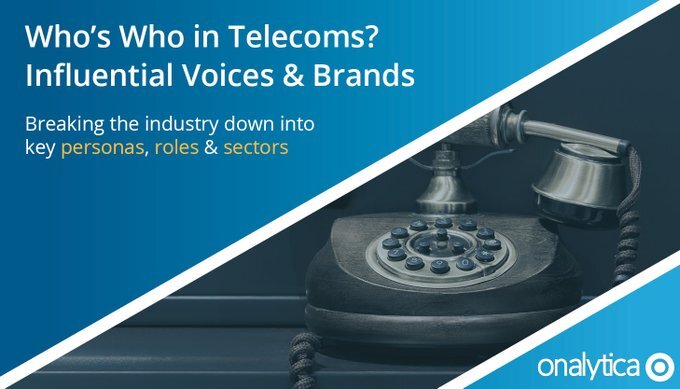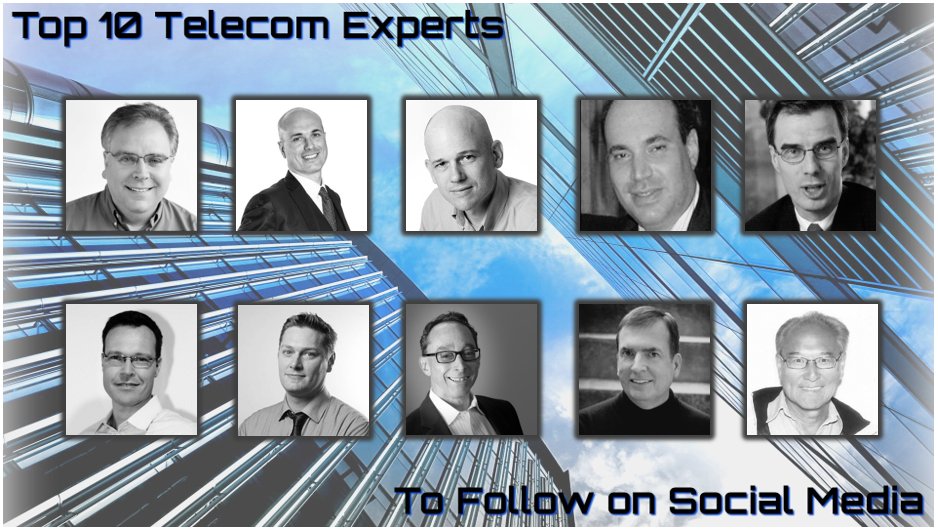I recently attended and spoke at Jeff Pulver's new event, MoNage - Messaging on the Net. It was a great window to explore where messaging is going and how it's impacting the broader communications space. I wrote my takeaways about MoNage here, and during the event, I spent some time with Jeff talking about his vision for messaging. We loosely followed my Q&A outline, and I've pulled it all together, with the output being the following interview format. I hope you enjoy it, and comments are welcome.
It’s great to reconnect with you Jeff, and a lot has happened since VON’s heyday. We’ll come back to that, but let’s fast forward to 2016 and your current event, MoNage. Let’s start with a basic overview of MoNage, as well as your broader vision behind it.
VON was really part of a communications continuum, and we’re still on it. In VoIP’s early days, I took a protocol, and built a community that turned it into an industry. It wasn’t just about a new technology – it attracted investors, dreamers, builders, etc.
Eight years later, we’re picking it up again. We’re still moving along the communications continuum, and the next big thing is the shift in how we communicate. It’s no longer a voice-based world like we had in the times of VON. Rather, it’s now about messaging. Not IRC or BBS either. Those modes are old – we had ways to do messaging back then – but it’s different now. Back then, messaging was community driven and it wasn’t for everyone – just a core of enthusiasts who liked communicating this way amongst themselves.
Then SMS came along – carriers started charging, and it became a big business. Just as what happened with VoIP and how it displaced TDM, innovators got into free IP-based messaging and disrupted the SMS space. Think back to email, which showed us what was possible with the Net as a transport medium for communications. It replaced the office memo, and revolutionized how we communicate. The communications space is a two trillion dollar market – and we continue to see new IP-based applications come along that want to take a piece of everything. Messaging is the latest variation, and it won’t be the last.
My view is that MoNage has a role to play in the success of this new opportunity, and is driven by the same principals I applied with VON when VoIP was disruptive. Basically, to support an emerging ecosystem – in this case around messaging - you need to have what I call the “5 C’s”; content, context, community, commerce, and communication. That’s an ecosystem, and that’s what I’m trying to support with MoNage.
No doubt messaging is a major trend in communications, and is arguably as disruptive as VoIP was a decade or so ago. Why do you think this is happening?
With VoIP, once it reached a certain point of market acceptance, Verizon told me that “you won”. This truly validated everything that I and others believed in, and now Verizon is a data company. Today, there’s no question that they’re in the data and the content business, and not the voice business. This is where the Pulver Order truly changed the face of communications. Before that, the incumbents had enough power to maintain the status quo and keep innovation out of the picture. The Pulver Order opened things up and created an environment to nurture VoIP innovation and a platform for disruptors. That same platform has been adopted across the entire telecom industry, which they now use for their benefit.
This is where Vonage really changed the game. Once they demonstrated how VoIP could be commercially viable, this validated the broader opportunity for all telcos to enter IP space and offer digital phone service. And that’s exactly what they’ve done, and the demise of the PSTN is no longer a matter of if, but of when.
Now, with messaging, we’re at the early stages of “purple messages” – things you could never do before. This is a 2016 version of my version of “purple minutes”, which I used to describe the enhanced and added value features of VoIP to elevate it beyond the limitations of TDM. This is the kind of disruption I’m envisioning with today’s messaging. Initially, it was just about delivering messages, with no intelligence or connection to anything else.
Now, messaging has context, and more is coming. It’s no longer something like ICQ or IRC – it’s mainstream and not just for geeks. For example, when messaging can drive commerce, it brings communities together, and it grows. That’s what I see unfolding now, and for me, MoNage is the age of messaging on the Net. Why now? Again, it’s the continuum – we lived through the age of VoIP, and now it’s been successfully commercialized. VoIP really isn’t disruptive any more, but I think messaging is going to have a similar impact, if not more.
Now, the continuum is about the messaging platform, and MoNage is trying to help drive what happens next. There are lots of developers doing chatbots, and it would be great if we can help standardize their work. They have a common interest to affect change and we can provide a voice to do that. The developer community is drawn to messaging because the opportunities are new and disruptive. Voice and video are so mainstream now, and that’s not interesting for them.
So, what will make messaging disruptive, and who do you see as the winners and losers?
For starters, the scope is broad. Just think about all the various messaging scenarios - one to one, many to many, many to one, one to many. Now layer IoT on top of that. IoT is a big part of what’s coming – look at how quickly things like Fitbit and Uber have gained mass adoption, and how central messaging is to their value propositions.
Then we have to look at all forms of communication and how messaging impacts each. Email is over – long live email, but it’s just not what people rely on now when they need to get things done. When all of that is considered, MoNage will help redefine who will be in the communications business. The advent of IP has shifted so many things around, and the communications landscape looks very different today.
There are many new types of service providers out there and they all provide value. Is Slack a communications provider? I think so. None of the major messaging players are owned by phone companies – at least not yet. When Facebook reaches two billion subs, it becomes way bigger than any telco – bigger and more powerful than AT&T ever was.
Think about that and all the implications when messaging displaces voice as the preferred mode of communication. Will there be regulatory issues? No doubt. Can Facebook influence the upcoming election? After all, they know a lot about their users and have the means to shape their preferences. Are they too powerful? Are they evil? Should they be anti-trusted? When one entity has this much sway over the world’s population, these questions come to mind. Will people rebel? You know, Mark Zuckerberg was at VON in 2004. Maybe he learned something from how he saw the way VoIP was disrupting telephony.
Millennials are certainly a big part of the story here, and their preference for short-form, text-based communication is very different from the conventional modes of voice and email that have dominated the enterprise space for so long. How you see things unfolding with them?
Currently, they’re 35% of today’s consumers. Millennial-speak will proliferate, and that means a big shift from voice to text. However, it won’t change the boomers, as their preferences are too hard-wired. This represents a big generation gap, as Millennials are the first generation born into the Web – it’s the only world they’ve ever known. So, be careful what you weave, and you’ll reap the products you sow.
They are also the unexpected consequences of the Web – a generation that is very much technology-defined. Beyond them, I see something else coming up – the iPad generation. For them, it’s all about their mobile devices – “pinch the glass” – that’s how they engage to communicate and consume content. I think they’ll be even more demanding than Millennials. Voice becomes old school for them – they talk face to face – but for everything else, it’s messaging and mobility.
To wrap up, Jeff, what’s your crystal ball view and the future you want us to explore at MoNage?
I’d say the big thing will be to develop a messaging value proposition – something that really has value for end users, but can also be sustained with a business model to keep innovation happening. We don’t know the impact of this generation yet, and we’ll probably be wrong based on what we think will unfold.
Basically, we need to explore the future together – open the door, share, engage, listen and see what we need. Filters will evolve, though, as we all have to discover boundaries for using messaging in beneficial rather than detrimental ways. There’s a lot we’re going to learn – so, things like cloud-based services to monitor our health are good. Using similar services to steal our identities or spew hate are not so good.
The same forces will apply for us at work – IoT can be good that way. There’s a bad side too, as employees will have less privacy, and will be monitored all the time. What we used to think of as sci-fi will soon become real-fi, and there’s probably no going back.











